Beans, the unassuming legumes that have long been a dietary staple in various cultures, are being hailed as the magical food that could contribute to a longer and healthier life. Experts have found that a diet rich in beans and other legumes is a common thread among communities in the “blue zones” regions around the world—where people live remarkably long lives.
In Sardinia, for example, where one of the first groups of centenarians was studied, garbanzo and fava beans are the legumes of choice. The Melis family of Perdasdefogu, Sardinia, known as the “longest living family in the world,” consumes a minestrone made primarily of chickpeas multiple times a day.
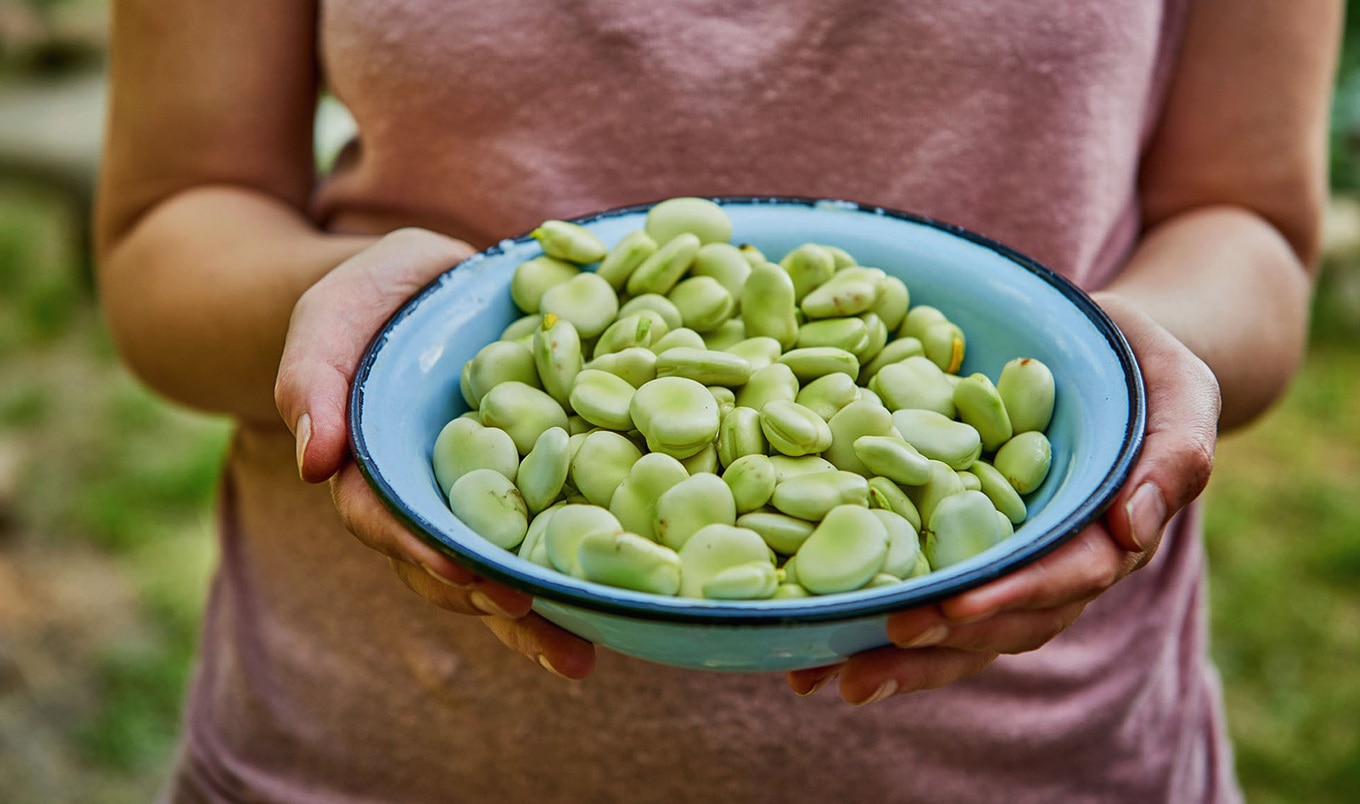 Adobe
Adobe
“Beans are an amazing food and they are closely related to longevity in those who eat them regularly,” Anna Herby, DHSc, RD, CDE Nutrition Education Specialist for the Physicians Committee for Responsible Medicine (PCRM), tells VegNews.
Health benefits of beans
The legume family, which includes beans, peas, lentils, and chickpeas, offers a host of essential nutrients such as copper, iron, magnesium, potassium, folic acid, zinc, lysine (an essential amino acid), protein, and fiber that help keep you healthy.
“They provide all kinds of benefits, from better blood sugar control, lowering cholesterol levels, to improving gut bacteria balance,” Herby explains.
So much of this has to do with the fiber that’s in beans, Herby says. “It slows digestion of starches, meaning that blood sugar will be better balanced after a meal of beans. Not only that, but their effect on the gut microbiome is similar to some diabetes medications, meaning that the blood sugar benefits will be long-lasting.”
Herby also notes that their fiber content can also help lower cholesterol levels. “The fiber in beans helps to usher out extra cholesterol if blood levels are high, and then, again through its impact on the gut microbiome, leads to reduced cholesterol production in the liver,” she says.
Plus, they can help with weight management. “Beans are so filling and can help you to feel more satisfied with a lower amount of calories, leading to better weight management in those who eat them regularly,” Herby says. “With all these health benefits, it’s no wonder those who eat them live longer, healthier lives.”
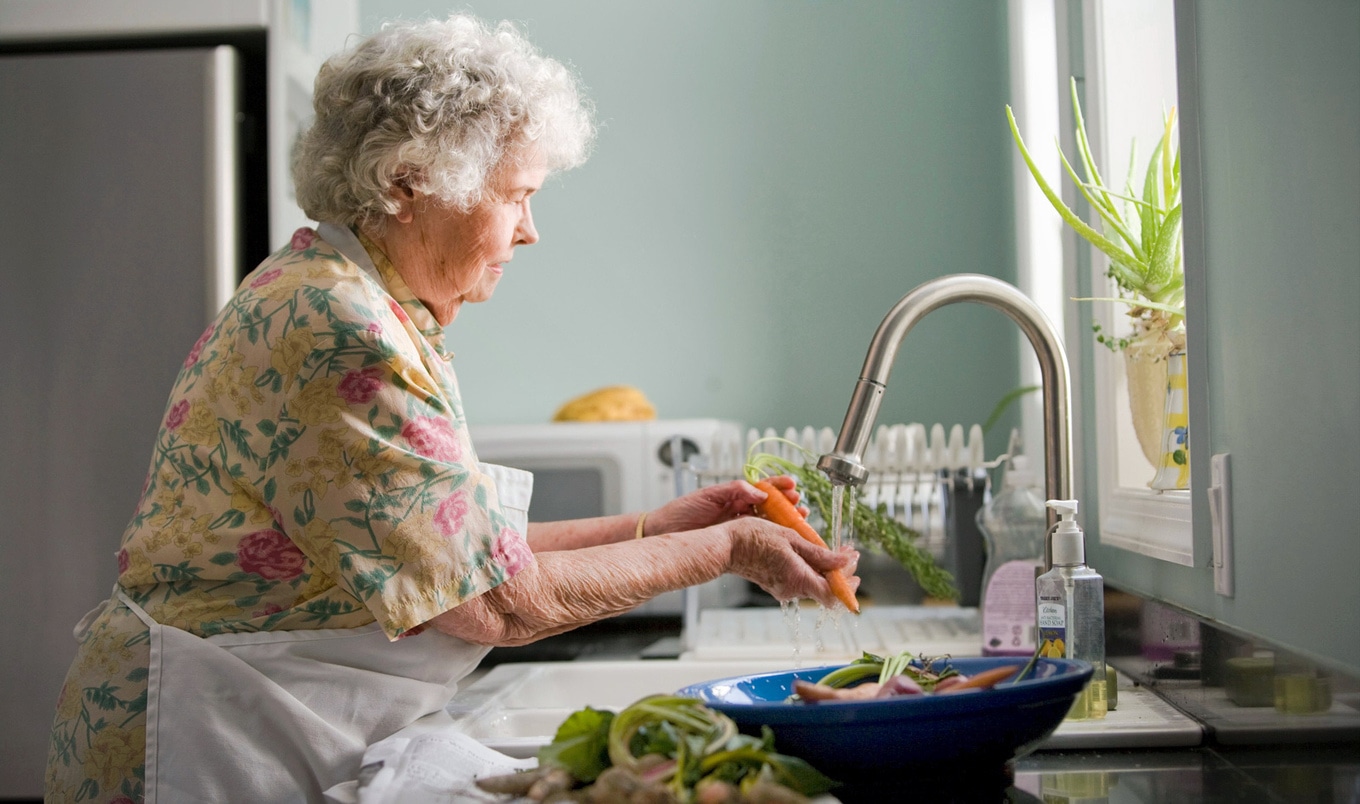 Unsplash
Unsplash
Different types of beans offer slightly varied nutritional profiles. For example, aduki (red mung) beans are high in fiber, while fava beans contain the antioxidant lutein. Black and dark red kidney beans are rich in potassium, and chickpeas are a great source of magnesium.
“In general, those with a darker color (like black beans) will have the most nutrients,” Herby says. “But I recommend focusing on a variety of legumes and switching things up so you can reap benefits from the whole legume family.”
How to replace meat with beans
But importantly, beans are a plant-based protein alternative that provides essential nutrients with fewer calories than animal protein. “Beans will provide similar nutrients to meat like protein, iron, and zinc, but without any of the risks of consuming dangerous compounds like cholesterol, saturated fat, and heme-iron, all of which are linked with chronic disease,” Herby says.
Combining beans with whole grains creates a complete protein source similar to meat, as seen in the traditional dish Gallo Pinto in Nicoya, Costa Rica. “When replacing beans for meat, it’s a good idea to think of your meals as combination meals, like a bowl of quinoa with spiced lentils and veggies all mixed together, rather than separate sections on your plate (like meat, potatoes, and broccoli).”
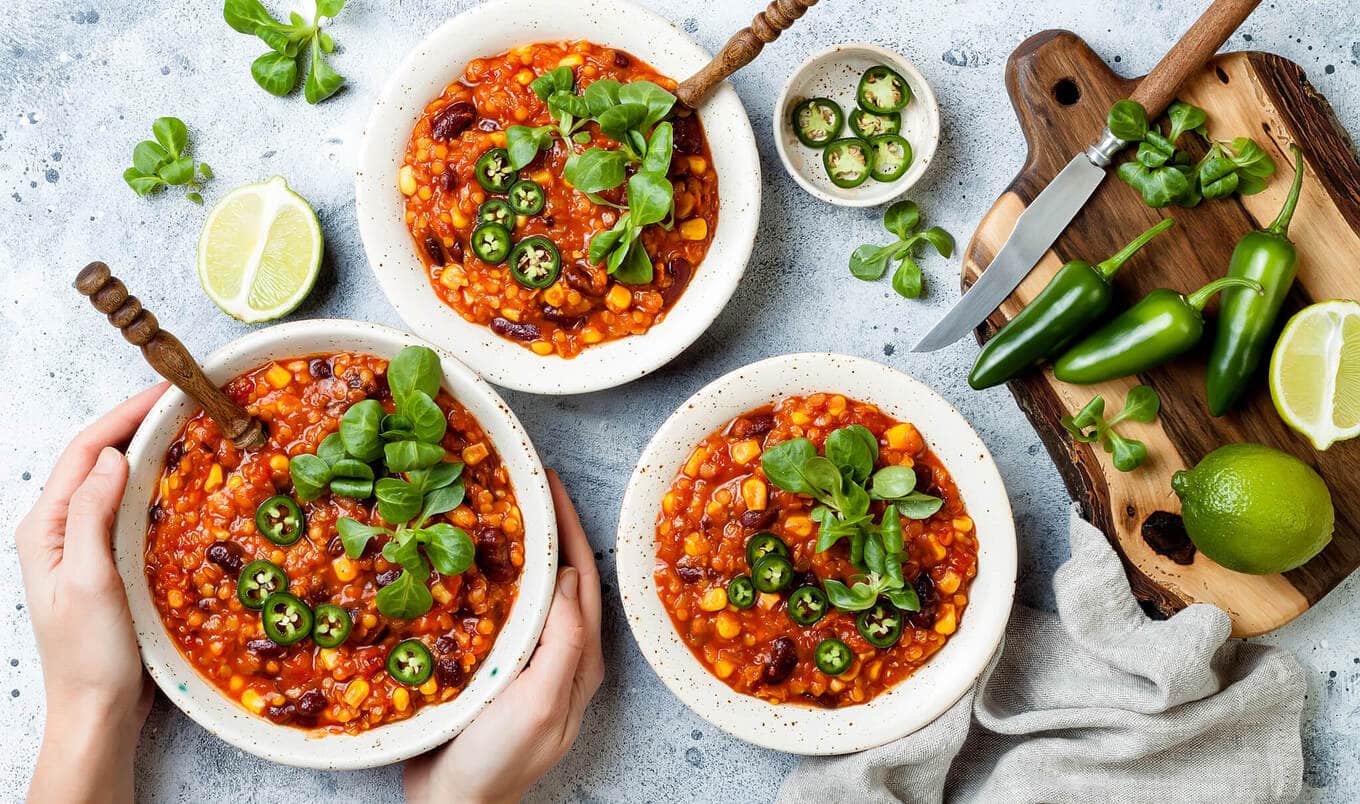 Sveta Zarzamora
Sveta Zarzamora
Blue zones have long recognized the health benefits of legumes, and scientific studies support these observations. Research from 2005 revealed that one serving (1/2 cup) per day of beans was associated with a 38 percent lower risk of heart attack. Additionally, a study in 2004 found that legume intake of 20 grams (approximately an ounce) extended lifespan by around eight years.
Beans also aid in weight loss, as evidenced by a 2022 study showing that replacing higher calorie meat with potatoes and beans could promote weight loss. Adding to their numerous benefits, legumes are cost-effective and can be grown at home in various soils, making them an ideal food choice for economically disadvantaged populations.
Are canned or dried beans better?
When it comes to choosing pre-cooked canned beans or dried, both offer the same health benefits. But dried beans are more economical. “Both canned and dried beans will provide the same health benefits,” Herby explains. “Canned beans are a great option and the best fast food you can find. If you have more time, cooking dried beans is a great way to go. Both canned and dried beans tend to be quite affordable, but dried beans will be the most economical option.”
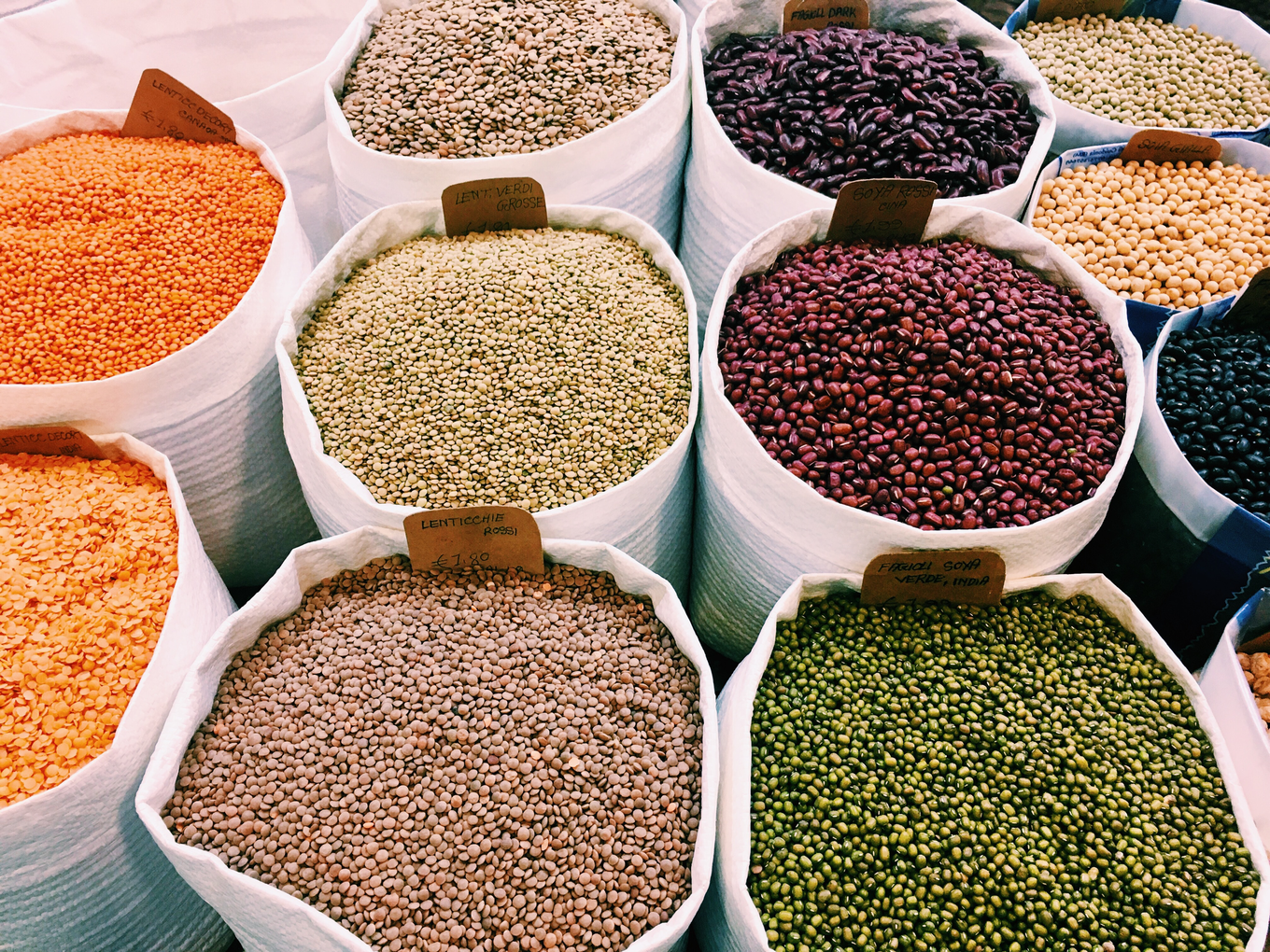 BettySubrizi/Unsplash
BettySubrizi/Unsplash
While concerns about flatulence may deter some from consuming beans, Herby says a gradual approach can overcome this issue. “By gradually increasing beans, lentils, chickpeas, and other legumes in your diet, your gut adjusts over time and gas is not as much of a problem,” Herby explains. “Just give it a few weeks, then make sure to keep them as a regular part of your meals.”
As the world seeks ways to promote longevity and improve overall health, the humble bean is emerging as a key player in the quest for a longer, healthier life. Yet, Herby says, beans don’t get the credit they deserve in American culture.
“In our culture, beans are often thought of as a side dish, which doesn’t give them the full credit they deserve,” she says. “If you look at native diets and areas where people are living the longest, beans and legumes play a more central role, because meat and animal products are scarce.”
For the latest vegan news, read:
JUMP TO ... Latest News | Recipes | Guides | Health | Shop

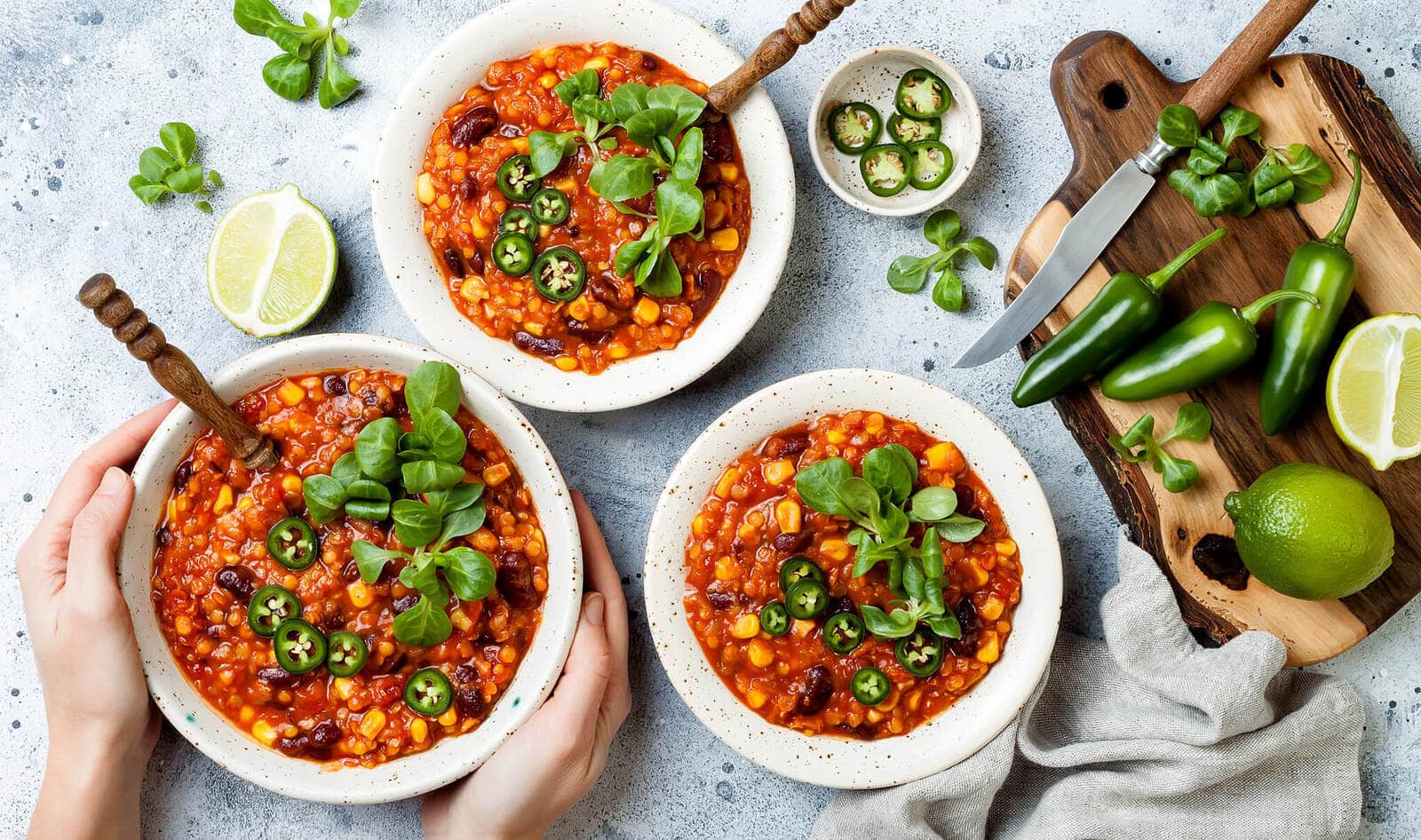

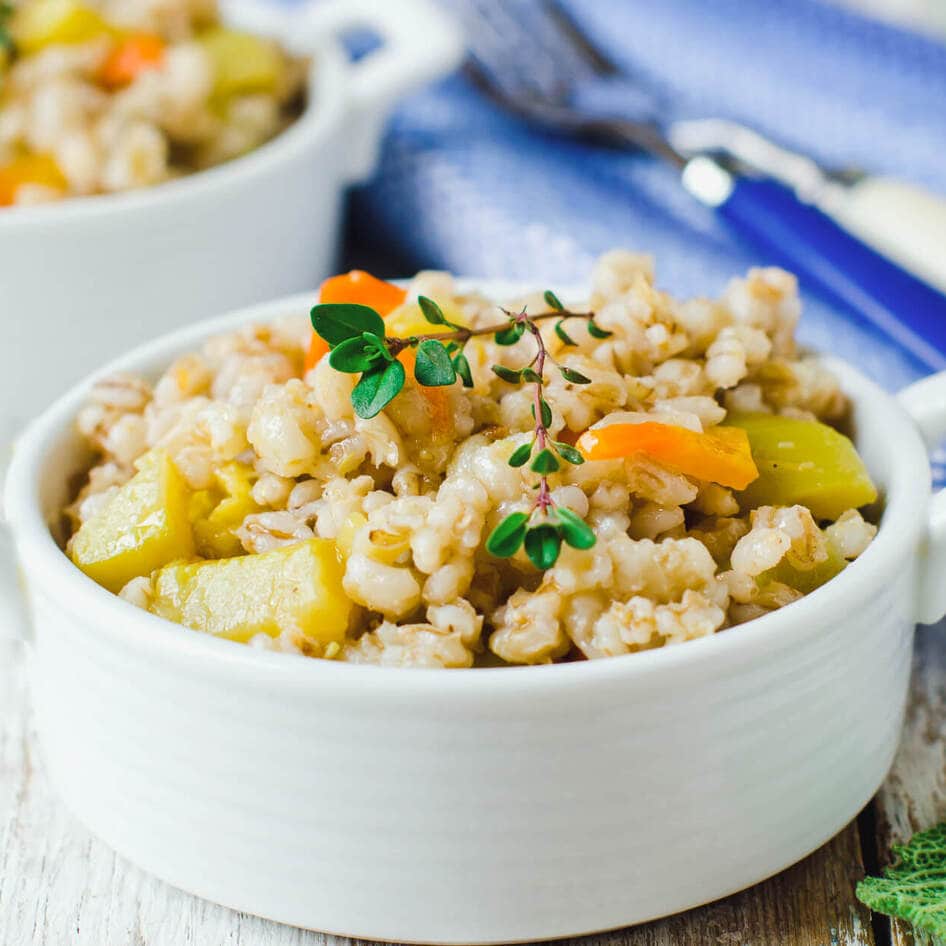
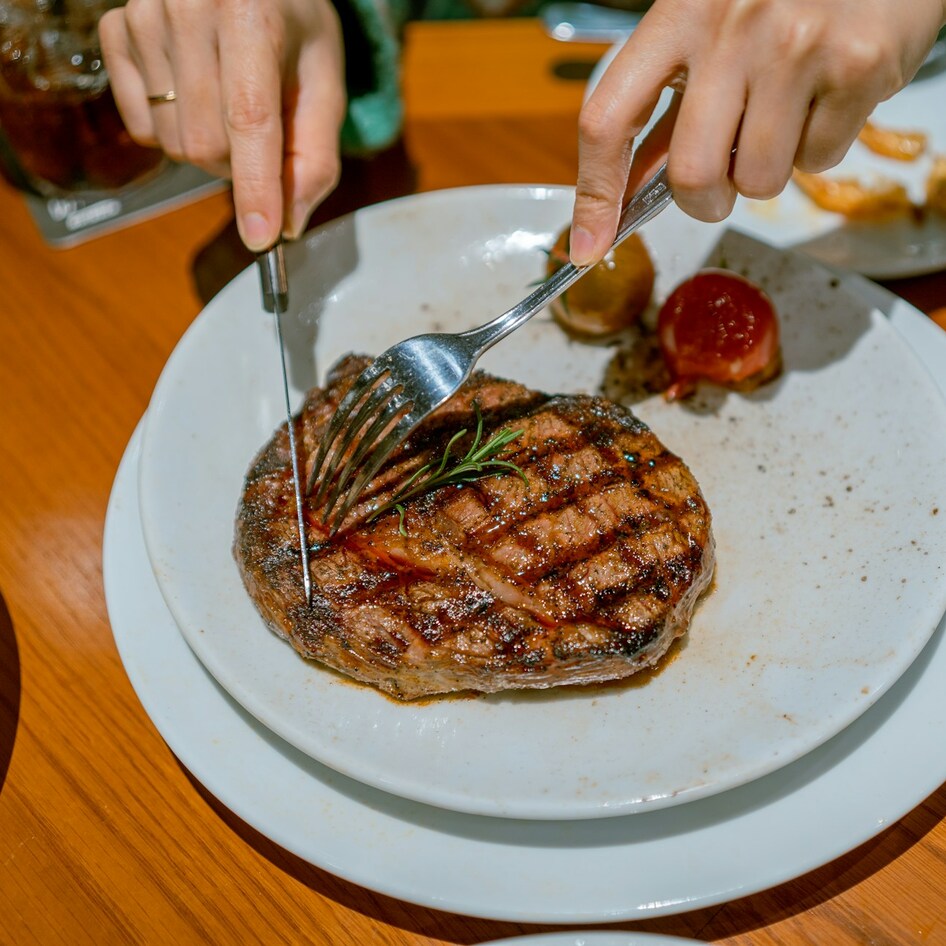
.jpg?sha=755e1ae15ee67d89)

.jpg?sha=7f7ad16c074802b3)

